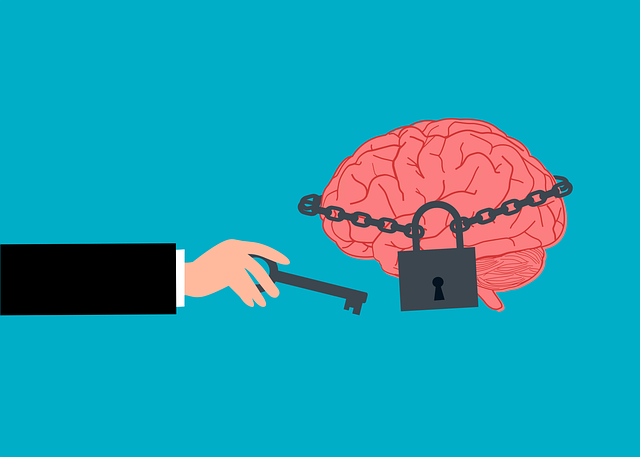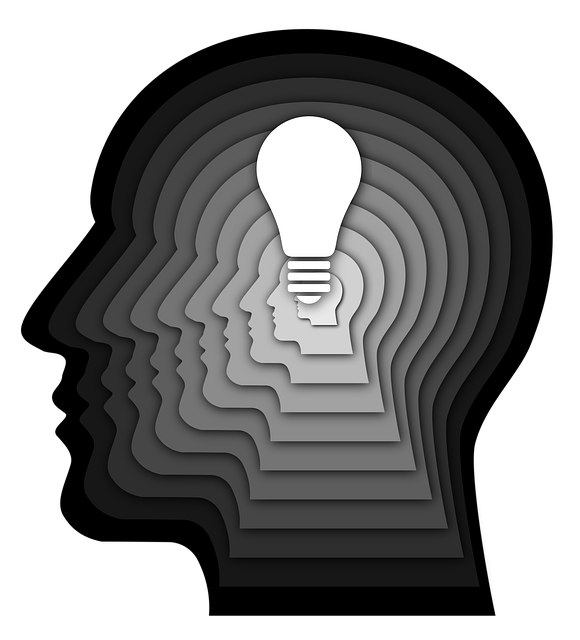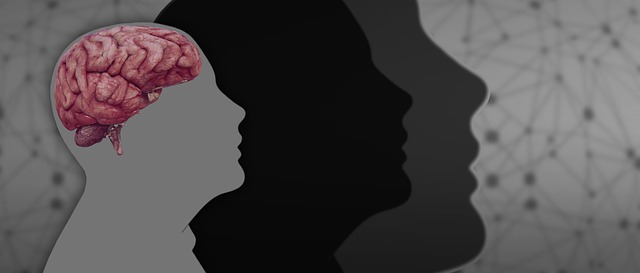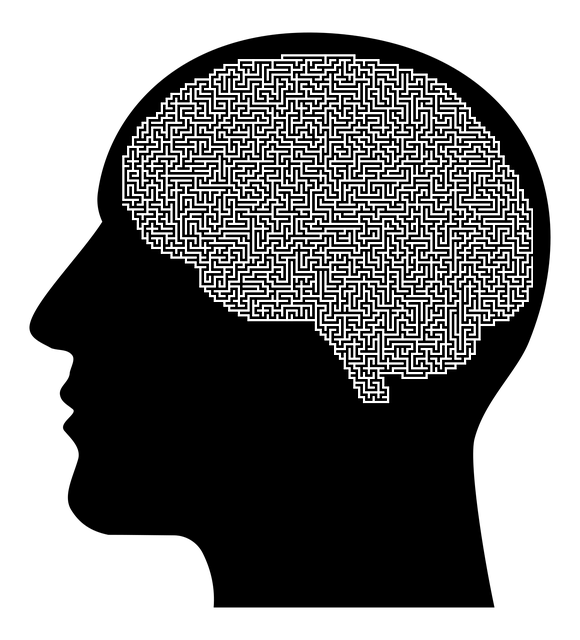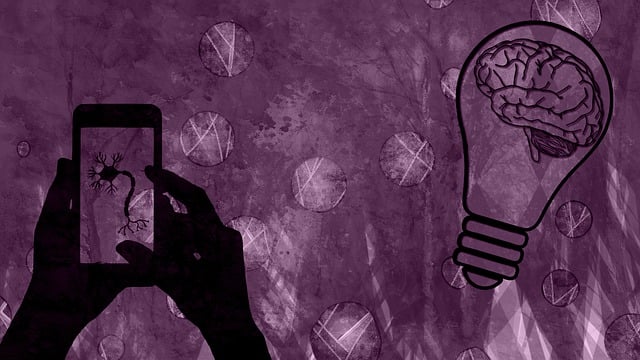Longmont Biofeedback Therapy is revolutionizing mental health care by addressing the significant stigma surrounding mental illness in communities, which often hinders individuals' well-being and recovery. Through education campaigns, open conversations, supportive services like trauma support, and enhanced emotional intelligence, they aim to create a non-judgmental environment. This innovative approach empowers clients with self-esteem improvement and stress management techniques, fostering calm and resilience. By demystifying mental health conditions and promoting understanding, Longmont Biofeedback Therapy contributes to a more inclusive society where mental illness is met with compassion.
Mental illness stigma remains a significant barrier to treatment, affecting millions. This article explores targeted efforts to reduce this pervasive shame, focusing on Longmont Biofeedback Therapy’s unique role. We delve into the profound impact of stigma on mental health and examine successful strategies like education and community engagement. Additionally, we highlight the therapeutic benefits of biofeedback, showcasing how it empowers individuals to manage symptoms and foster supportive environments at home and work, ultimately reducing stigma.
- Understanding Stigma and Its Impact on Mental Health
- The Role of Longmont Biofeedback Therapy in Stigma Reduction
- Educating Communities: Dispelling Misconceptions about Mental Illness
- Strategies for Fostering Supportive Environments at Home and Work
Understanding Stigma and Its Impact on Mental Health

Stigma surrounding mental illness can have profound effects on individuals’ well-being and recovery journeys. It often manifests as negative attitudes, beliefs, and stereotypes that create a culture of shame and secrecy around mental health issues. This stigma can deter people from seeking help, leading to prolonged suffering and worsened symptoms. For instance, in Longmont Biofeedback Therapy, clients may initially hesitate to engage in treatment due to societal perceptions of weakness or personal failure associated with mental illness.
Reducing the stigma means challenging these misconceptions and fostering understanding. It involves education campaigns, open conversations, and supporting services like trauma support for individuals who have experienced emotional distress or mental health crises. Enhancing emotional intelligence can also play a significant role in breaking down barriers, as it encourages empathy, self-awareness, and effective communication. Additionally, implementing robust risk management planning for mental health professionals ensures they are equipped to handle complex cases while maintaining patient confidentiality, further contributing to a supportive environment where individuals feel safe to pursue treatment.
The Role of Longmont Biofeedback Therapy in Stigma Reduction

Longmont Biofeedback Therapy is making significant strides in stigma reduction efforts surrounding mental illness. By focusing on self-esteem improvement and stress management techniques, this therapeutic approach empowers individuals to take control of their mental health. Through specialized workshops and personalized sessions, biofeedback therapy teaches people how to regulate their physiological responses to stressful situations, fostering a deeper sense of calm and resilience.
This innovative method goes beyond traditional talk therapy by offering practical tools for trauma support services as well. By helping clients gain a better understanding of their bodies’ reactions, Longmont Biofeedback Therapy encourages a non-judgmental approach to managing mental health challenges. As more people access these services, the hope is to create a community where mental illness is met with compassion and understanding, ultimately breaking down the barriers created by stigma.
Educating Communities: Dispelling Misconceptions about Mental Illness

In many communities, mental illness is shrouded in misunderstanding and fear, often due to misconceptions deeply rooted in societal narratives. Educating these communities about mental health is a pivotal step in breaking down the barriers created by stigma. Longmont Biofeedback Therapy plays a significant role in this effort by offering not just treatment but also knowledge. Through various mental health education programs design, individuals learn that mental illness is no different from physical ailments; it’s a condition that requires care, understanding, and support. By dispelling myths about symptoms, causes, and treatments, these initiatives foster an environment where people can openly discuss their experiences without fear of judgment.
This shift in perspective encourages folks to embrace self-care practices and stress reduction methods as essential tools for maintaining mental well-being. Educated communities are better equipped to recognize the signs of struggle in themselves and others, leading to early interventions and more effective support systems. Such efforts ultimately contribute to a more inclusive society where mental illness is met with compassion rather than isolation.
Strategies for Fostering Supportive Environments at Home and Work

Creating supportive environments at home and work is a powerful tool in reducing stigma surrounding mental illness. Educating family members and roommates about mental health conditions can foster understanding and reduce fears or misconceptions. This can involve open conversations about symptoms, treatment options like Longmont Biofeedback Therapy, and how to provide practical support.
In professional settings, promoting emotional intelligence among colleagues encourages empathy and breaks down barriers. Training sessions that include conflict resolution techniques can help manage stressful situations and create a more inclusive atmosphere. Additionally, implementing policies that prioritize mental well-being, such as regular check-ins or flexible work arrangements, demonstrates a commitment to supporting employees’ mental health. This, in turn, may encourage employees to speak up about their struggles without fear of judgment or negative consequences.
Mental illness stigma reduction is a multifaceted approach that combines education, community engagement, and innovative therapies like Longmont Biofeedback Therapy. By understanding the profound impact of stigma on mental health and implementing strategies to foster supportive environments, we can create a more inclusive society. Educating communities about mental illness helps dispel misconceptions, while therapeutic interventions like biofeedback offer practical tools for managing symptoms. Ultimately, collective efforts to reduce stigma are essential for improving access to care and enhancing the overall well-being of individuals living with mental health conditions.
